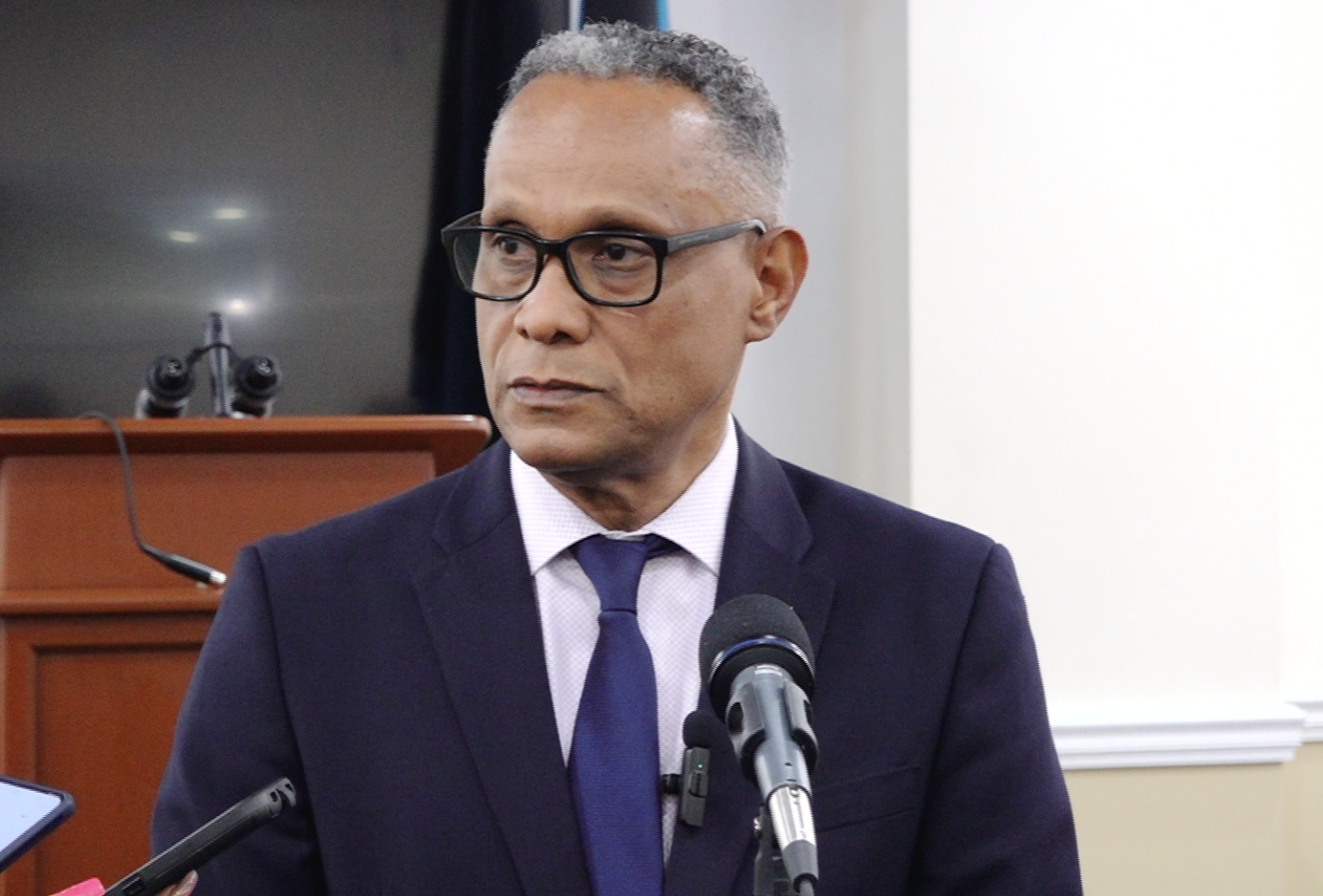NASSAU, BAHAMAS — A new bill mandates that people seeking mental health services be transported to a facility at the cost of the government if no service is available in their settlement or district, one of several measures intended to treat mentally ill people with greater urgency and sensitivity.
Health Minister Dr Michael Darville tabled the Mental Health Bill, 2022 in the House of Assembly yesterday, saying the bill had been in the works for over ten years.
He said the bill is the country’s response to a global movement that seeks to revise old mental health laws and move away from their focus on criminalization toward “protecting human rights.”
“The bill seeks to protect real people who have been living in the shadows of society for years, many stripped of their human rights while family members, friends, and coworkers struggle to help them cope with human indignity that appears to be embedded in our society against those who suffer from mental illness,” Darville said.

“The aim of this new Mental Health Bill 2022 is to redress that inequity and promote and protect the rights of persons suffering from mental illness. The focus of this new mental health bill is to promote when possible community treatment along with voluntary admission to a mental health facility.
He continued: “The Bill also includes a provision that supports decision making for people with mental illness and the ability to appoint a nominated representative to assist them with making appropriate decisions about their care and treatment.
“Though not ideal, in the bill we incorporated important matters pertaining to the management of their personal and financial affairs as well as the establishment of a Mental Health Services Board and a Mental Health Review Tribunal.”
The bill makes it unlawful to discriminate against a person because of their mental health status.
it also empowers police officers to transport people to health facilities “for examination and assessment” when they are informed by a member of the public that a person loitering in a public place appears to be exhibiting symptoms of a mental illness.
The bill mandates that mental health services be affordable, accessible to people throughout the country, provided in a way that is acceptable to the person seeking services and improves that person’s capacity to develop and integrate into community life.
The bill says the representative of a person diagnosed with a mental illness has the right to visit them in a health facility, provide feedback on the standard of care and treatment and make complaints about deficiencies in mental health services delivered to the person.
The bill says: “Where no mental health services are available in a settlement or district, a person seeking mental health services shall be transported at the cost of the ministry, to a settlement or district where such services are available; and run or funded the ministry, the cost of private mental health services which are available in that settlement or district, shall be borne by the ministry.”
A Mental Health Care Services board will be established for the first time under the bill.
The board will comprise ten people, including the chief medical officer; a registered psychologist; a registered psychiatrist; the director of deputy director of the Department of Social Services; the chairman of the National Commission for Persons with disabilities; the chief nursing officer; a registered occupational therapist; a person who has accessed mental health services; a next of kin, family member or caregiver of a person with a mental illness; and two representatives from a registered non-profit organisation or civil society who has at least ten years experiencing working in the field of mental health.
The board will be responsible for overseeing the planning and management of mental health care and treatment in the country and promoting standards.
The board will also set standards for accreditation of mental health facilities and criteria for specific mental health services.
The bill will also establish a Mental Health Review Tribunal which will consist of five members.
The Tribunal will have the power to hear and determine health matters in the country.
The body will be able to make care and treatment orders; revoke care and treatment orders and hear applications for transfer from one facility to the next, among other things.
The bill establishes a penalty for people who mistreat mentally ill people.
“Any person in charge of a health facility, or mental health facility, medical practitioner or other mental health professional, attendant, nurse or other person employed in a health facility, or mental health facility who wilfully mistreats or wilfully neglects any person in that health or mental health facility, commits an offence and is liable on summary conviction to a fine of one thousand dollars or to imprisonment for two years or to both such fine and imprisonment,” the bill reads.
Likewise, a person who permits or helps such a person escape a facility can face up to one year in prison or get a $600 fine.
The bill establishes mechanisms to determine who can represent and look after the interests of the person diagnosed with a mental illness.






